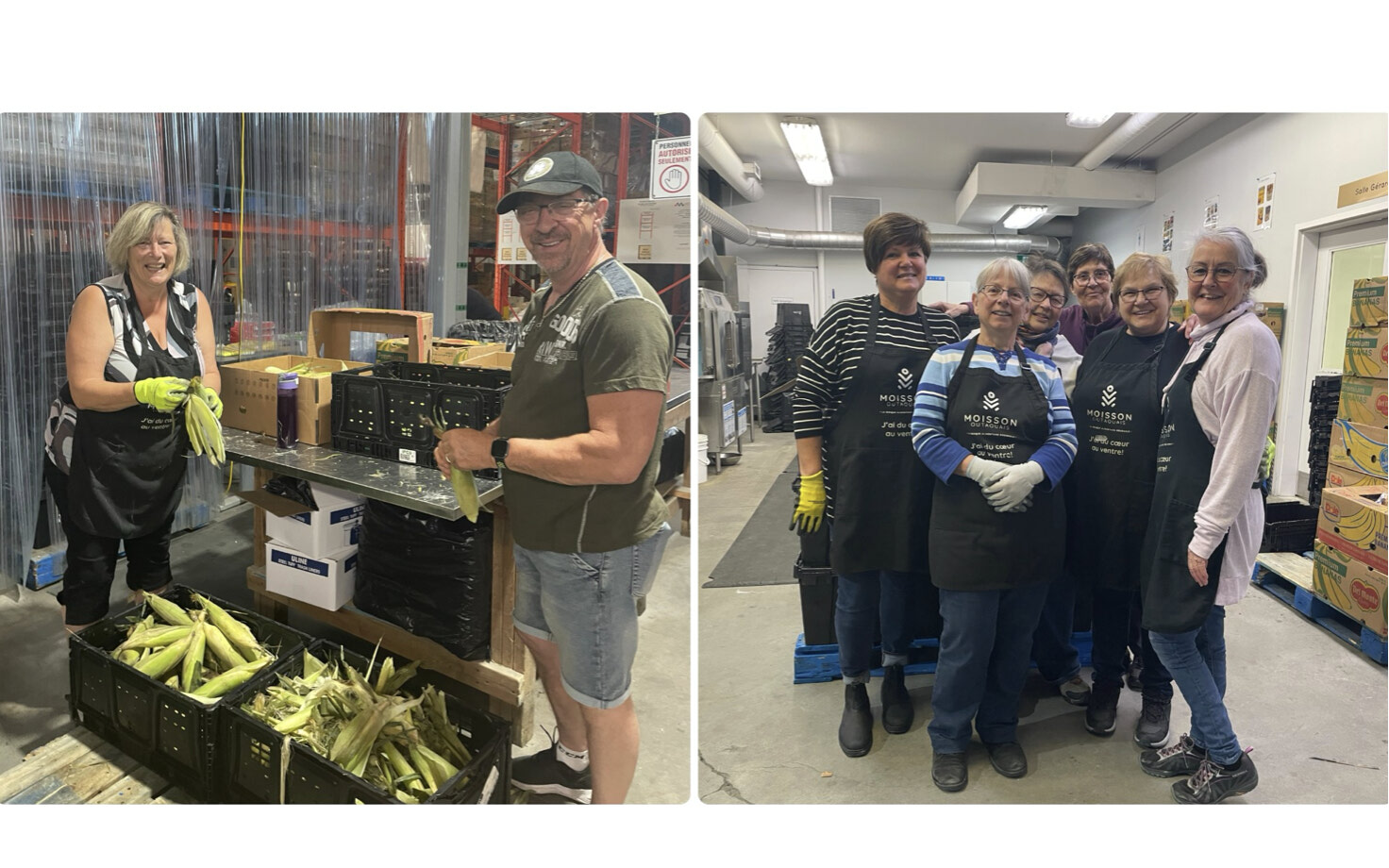As hunger count hits new high, Moisson Outaouais warns of social emergency
Tashi Farmilo
With Quebec’s newly released Hunger Count showing food assistance requests reaching more than three million per month, Moisson Outaouais is sounding the alarm about the deepening food insecurity crisis in the region.
In the Outaouais, Moisson Outaouais responded to over 94,000 food assistance requests in March 2025 alone, one of the highest monthly totals the organization has seen this year. That figure, while striking on its own, reflects a broader and sustained increase in demand throughout 2025. The local numbers mirror the provincial trend identified in the Bilan-Faim 2025, which reports a 7 percent increase in monthly requests across Quebec since last year and a 37 percent jump since 2022.
As food banks across the province prepare for another difficult winter, the message from the region’s largest food distributor is clear: hunger is no longer an exception, it is a daily reality for thousands of working families.
“In four years, the number of workers we help has doubled,” said Marie-Pier Chaput, Director of Communications at Moisson Outaouais. “Hunger is spreading, and it no longer spares even those who have jobs.”
Chaput said that 21 percent of those receiving support are employed, double the number from 2021. Nearly half of the households helped are families, including a growing number of two-parent households, a group not traditionally associated with food insecurity. “Working is no longer enough to put food on the table,” she said.
The 2025 Bilan-Faim, released October 27 by Banques alimentaires du Québec, presents a stark provincial picture. The number of unique individuals supported each month now exceeds 600,000, and total food assistance requests have reached levels that surpass earlier projections. According to BAQ, food is not the only resource in short supply; human and material capacity is also being stretched to the limit.
While inflation at the grocery store has contributed to this growing demand, Chaput emphasized that the affordable housing crisis is the primary driver of food insecurity in the Outaouais. “People face fixed costs like rent, heating, and transport, and the only flexible part of their budget is food. So they cut back,” she said. “First in quality, then in quantity. And it doesn’t take long before that affects their health.”
With colder months approaching, the pressure on local food banks is expected to increase. The upcoming holiday season, typically one of the busiest times of year for food assistance, could see record-breaking demand. “Every donation counts,” Chaput said. “Whether it’s food, funds, or time, if you can give, now is the time.”
Moisson Outaouais is also calling for long-term solutions. The organization supports policies that address the root causes of poverty, including more affordable housing, improved income support, and greater access to social pricing programs. Without structural changes, Chaput warned, the region will remain caught in a cycle of crisis.
“Our growth is not a measure of success,” she said. “It is a symptom of a social emergency that is unfolding right here, right now.”

